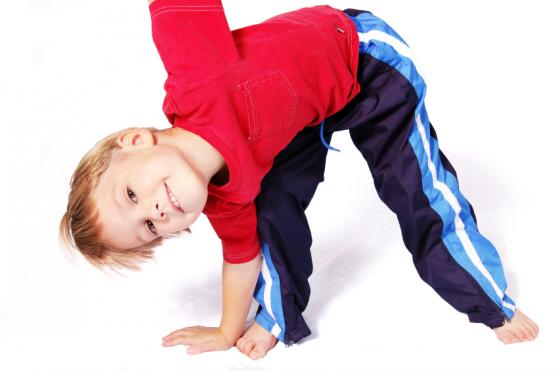
Unilateral hearing loss refers to a situation where the child does not hear normally with one ear. It isn’t possible to hear with one ear as well as you can with two. In unilateral hearing loss the child has trouble with speech discrimination even at low levels of background noise and the child has to lip-read to understand speech. Directional hearing is also lacking when listening with one ear. According to recent research unilateral hearing loss puts children at a greater disadvantage than was previously believed.
The rehabilitation and follow-up of children with unilateral hearing loss may vary depending on the area. The audiologist or rehabilitation services are not necessarily offered. Parents and other family members may however need advice and instructions for how to support the child’s language development. Using supportive symbols of sign language, for example, can benefit children with unilateral hearing loss in the same way it benefits other people with hearing impairment or language development delays.
Ignoring the unilateral hearing loss in early childhood education or at school may lead to misconceptions about the child’s personality and ability to learn that can be detrimental for the child’s development. Actually the child merely has a smaller auditory territory, which results in the child having trouble keeping up in a teaching environment that doesn’t consider the child’s special needs. The problem should be dealt with decisively, since supporting the child’s social relationships is extremely important for the future.
Attention to communication
As well as improving the auditory environment, attention should be paid to how the care-giver or teacher communicates with the child. It is possible to obtain a rehabilitation coach into daycare or school to offer advice on how to communicate with the child and how to develop the child’s aptitude to learn the necessary things. The hearing center in your area can tell you which resources arrange education or consultation for teachers.
Children with unilateral hearing loss are not always offered hearing aids or other auxiliary devices, but these can be requested on a trial basis. Even if e.g. a bone conduction hearing aid wouldn’t be used permanently, a child with unilateral hearing loss gains the maximal benefit from it during the critical period for speech acquisition at the age of one to three years. Helping the auditory pathways to develop at an early stage is extremely useful later on and it offers many new opportunities for furthering symmetrical hearing.
At the heart of rehabilitation should naturally be the thought that the child is primarily a child. It is important to avoid undue emphasis on the hearing impairment, but the related special needs must be taken into account. With the right supportive measures, the children with unilateral hearing have a good chance of succeeding both in normal class and in integrated special education groups.
If the child has a confirmed unilateral hearing impairment, Finnish Association of Parents of Deaf and Hard of Hearing Children, Federation of Hard of Hearing and other relevant organizations can provide more information. The child is entitled to rehabilitation and the family members to necessary support, but getting access to the support and the resources often depends more on how actively the parents seek out help than is the case with those who suffer from a more profound hearing loss.




